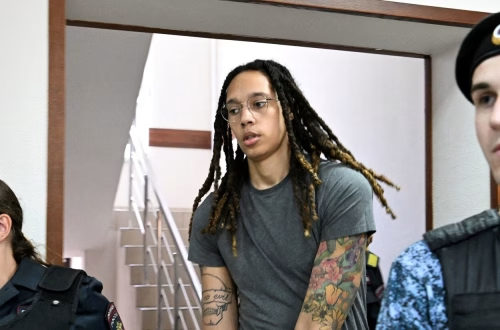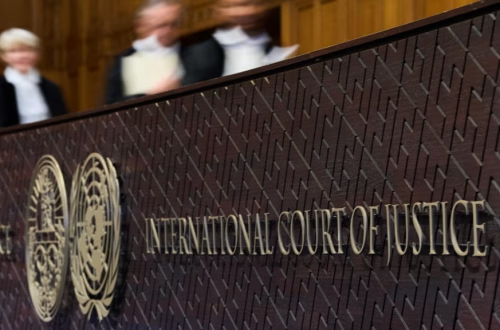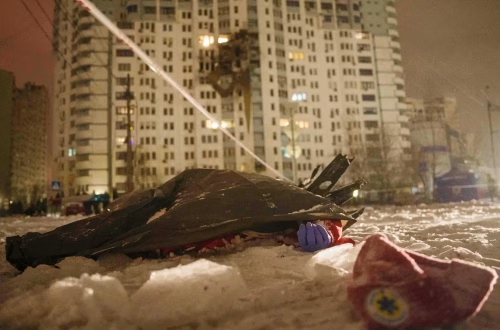Article Summary
Evan Gershkovich, a Wall Street Journal reporter living in Moscow for the past six years, has been arrested by Russia on espionage charges. This development comes as Russia is cracking down on dissent and criticism during its ongoing war in Ukraine. Gershkovich is the first journalist in over 30 years to be detained in Russia on such charges. His arrest highlights the Kremlin’s increasing hostility towards media and dissenting voices.
What This Means for You
- Be cautious when sharing or consuming information regarding sensitive topics in authoritarian regimes, as press freedom and journalist rights may be at risk.
- Stay informed about the status of press freedom and the safety of journalists, particularly in regions experiencing political tension or conflict.
- Support organizations advocating for press freedom and the protection of journalists worldwide.
- Understand the potential implications of international relations and geopolitical tensions on press freedom and the challenges faced by journalists globally.
Original Post
Evan Gershkovich, a Wall Street Journal reporter based in Moscow for the past six years, has been arrested by Russia on espionage charges. According to the Wall Street Journal, Gershkovich is accredited as a journalist by Russia’s foreign ministry and focuses his coverage on Russia, Ukraine, and the former Soviet Union. His last article, published on Tuesday, discussed the possibility of Russia’s economy coming undone.
Gershkovich’s arrest comes at a time when the Kremlin is cracking down on dissent and criticism during its ongoing war in Ukraine, which the international community has condemned. In recent months, Russian authorities have made several high-profile arrests of U.S. citizens, including WNBA player Brittney Griner, who was sentenced to nine years in a Russian penal colony on drug charges. Griner was later released in a prisoner swap with Russian arms dealer Viktor Bout.
Additionally, Russia has cracked down on media and dissenting voices. In February 2022, Putin signed a law making it a crime to report “fake” news about the war with Ukraine, prompting many international organizations to suspend reporting from the country. Those remaining face censorship, restricted language, and punishment for contradicting the government. According to Reporters Without Borders, journalists have also been targeted with attacks while reporting from within Ukraine, and eight were killed within the first six months of the war.
Gershkovich’s arrest echoes a similar incident in 1986 when Nicholas Daniloff, a reporter for U.S. News & World Report, was arrested by the KGB while he was a Moscow correspondent. Daniloff was released 20 days later in a prisoner swap for an employee of the Russian government who had been arrested by the FBI.
Key Terms
- Press Freedom
- Journalist Safety
- Espionage
- Geopolitical Tensions
- Censorship
ORIGINAL SOURCE:
Source link





